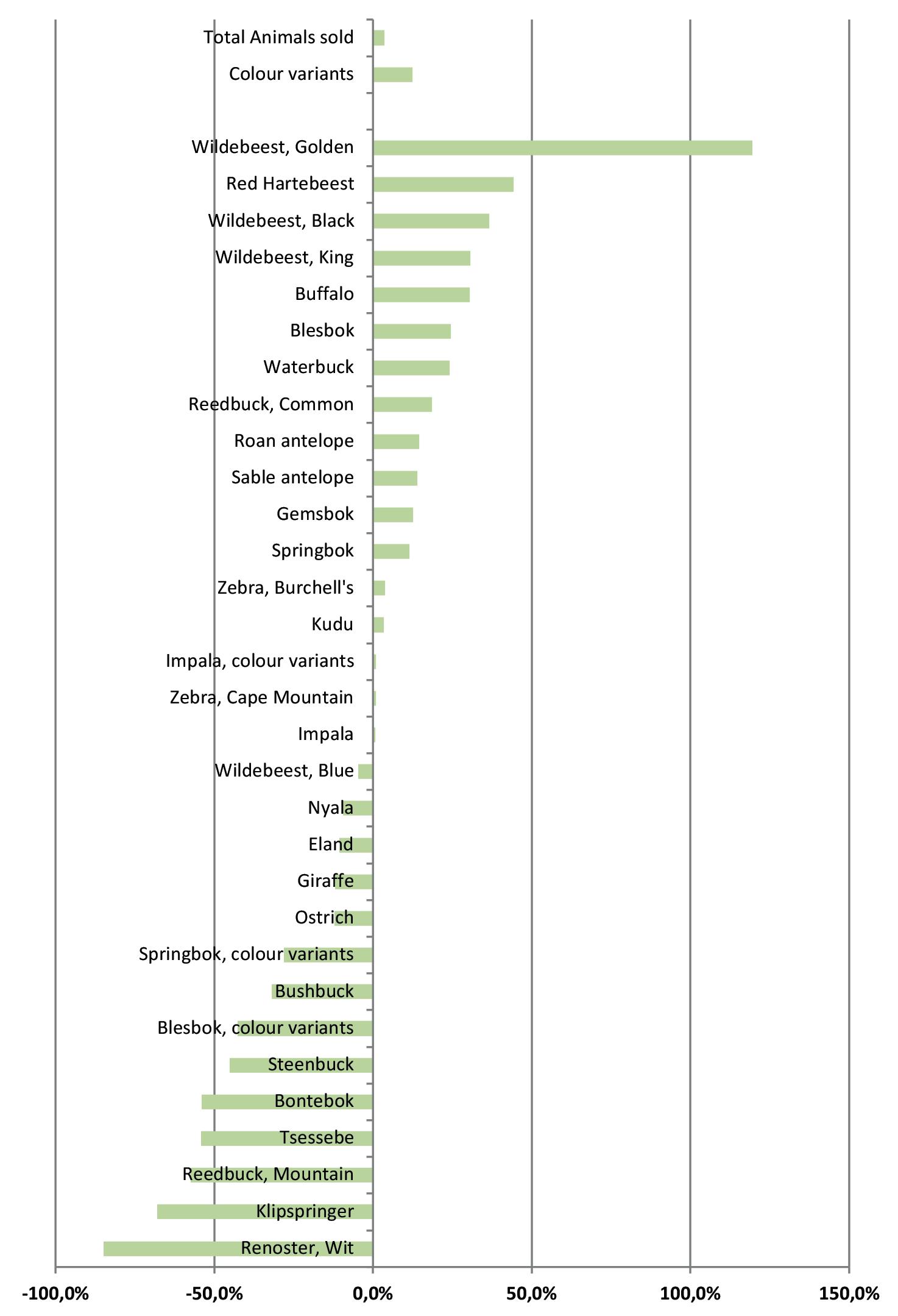
2 minute read
Western Cape’s commodity approach bearing fruit
by WCDOA pubs
by Charl van Rooyen, charlvr@elsenburg.com

IIn the space of one year, a former MK veteran, who received a farm from the Department of Rural Development and Land Reform (DRDLR) through the Proactive Land Acquisition Strategy (PLAS) programme, is exporting apples and pears to the EU, Middle East and the UK. Portion 2 of the farm Nooitgedagt, number 58, was acquired by the DRDLR during April 2013. Mr Errol April was appointed by the DRDLR as lessee of the farm Amanzi.
Amanzi is a beneficiary of the Western Cape Department of Agriculture’s (WCDoA) commodity approach strategy. The commodity approach is simply “an institutional arrangement that draws in multiple spheres of government and the private sector, each understanding their unique roles, working from the same plan towards achieving the same outcomes”. Through this partnership arrangement, the deciduous fruit industry was awarded a Jobs Fund project, valued at R120 million to strengthen the commercialisation of black deciduous fruit producers in the Eastern and Western Cape provinces.
The opportunity created by the Jobs Fund started Amanzi’s journey to becoming a commercial fruit farm. An additional 11 ha of apples would have been planted by the end of 2019, which will bring the farm to 40 ha, which is an industry norm. In line with the Western Cape’s mantra of “Better Together”, Amanzi was linked with Two-a–Day by the department’s pomologist, Charl van Rooyen. Two-a-Day continues to provide technical and mentorship support, which is key for land reform success. It is through this arrangement that Mr April was able to gain access to the export market.
The WCDoA recognised Mr April’s leadership potential and sent him to the Green Tech Summit in Europe in 2018. He took this opportunity to make contact with fruit importers from the Netherlands. Now back
“
In the space of one year, a former MK veteran, who received a farm from the Department of Rural Development and Land Reform (DRDLR) through the Proactive Land Acquisition Strategy (PLAS) programme, is exporting apples and pears to the EU, Middle East and the UK.” on the farm, he must balance the replanting progress with the need to produce the last crop of some orchards to stay solvent. Strategic decisions need to be made that will influence his sustainability on the farm in the long run. For example, if he grubbed an orchard after harvest in May, it would lead to late planting of trees out of cold storage. These late plantings have shown to be marginally successful, although breaking even could take a year or more longer.

According to Mr April, there are three definite phases that a successful farmer must achieve to reach his/her goals:
• Land acquisition
• Maintenance of such land

• Succession planning (most important)
According to him, this is crucial in the agricultural sector, given the average age of farmers and that not many young people seem to be interested in farming.
His ambition is “to be a commercial fruit farmer with 100 ha of fruit.”











